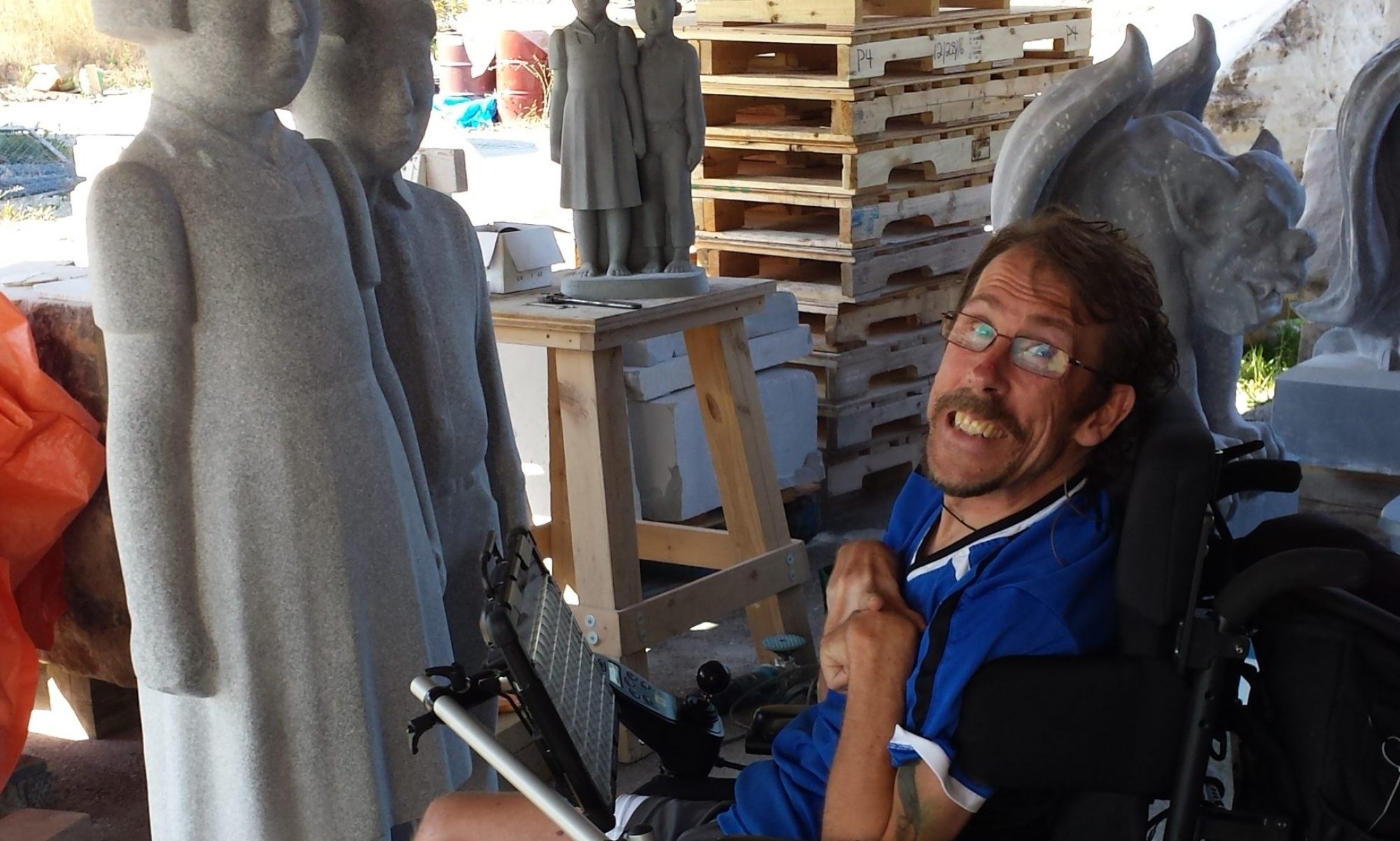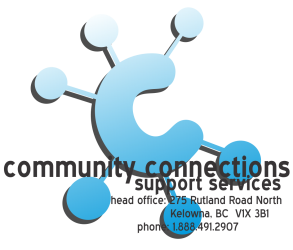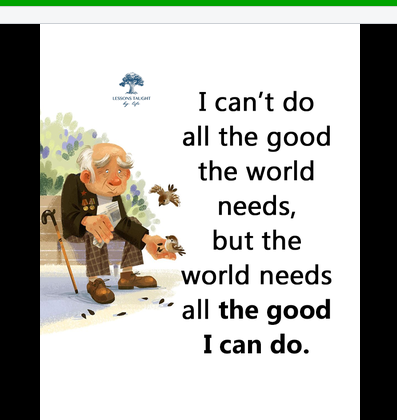The Be Mental Health READY education bundle is an array of on-demand/self-paced mental health education sessions consisting of 14 topics with a total of 24 hours of video content that can be accessed anywhere, anytime. The information and resources included in the sessions are beneficial when supporting a client/student/patient/resident/family member/self
In honor of the upcoming Mental Illness Awareness Week (October 1-October 7), we are pleased to offer this bundle for only $75.00 for a limited time.
What is included for $75?
• Lifetime Access to Be Mental Health READY On-Demand Education Bundle (12 different mental health topics with 20 hours of video
content including the topics of suicide awareness, self injury and compassion fatigue). Each session includes signs/symptoms, tips and
strategies and valuable downloadable resources
• BONUS: Lifetime access to Be Mental Health READY On-Demand education sessions of Mental Illness in the Workplace and Substance
Use in the Workplace with a total of 4 hours of video content to help in maintaining a psychological healthy work environment. Each
session includes information on recognizing changes, engaging in conversation, aiding in crisis, discussing possible supports and your
next steps. Also included are downloadable resources
• BONUS: 31 Mindfulness Worksheets including a 12-page Mindfulness Guide and Journal
• BONUS: 17 audio Guided Meditations for sleep and stress/anxiety
To purchase your bundle for this limited time, please visit
https://mentalhealthready.thinkific.com/bundles/be-mental-health-ready
If your organization is interested in purchasing the bundle for your entire staff to access, it is being offered for a limited time for $499. Please email: loriveltkamp@mentalhealthready.com for more information on this option.
Mental Health First Aid
Virtual Training
Mental Health First Aid
The Mental Health Commission of Canada reports that one in every five Canadians experiences a mental health problem within a given year. While we often know a lot about physical illness, there tends to be less knowledge about mental health or substance use problems. This lack of understanding leads to fear and negative attitudes towards individuals living with these problems. It prevents people from seeking help for themselves and from providing appropriate support to people around them.
What is Mental Health First Aid? This virtual certified 9-hour training course is a program of the Mental Health Commission of Canada. Participants will learn how to:
- Recognize signs that a person may be experiencing a decline in their mental well-being or a mental health or substance use crisis
- Have conversations that encourage a person to:
- talk about their mental well-being
- discuss professional and other supports that could help with recovery to improved mental well-being
- reach out to these supports
- Assist in a mental health or substance use crisis situation
- Check in with one’s own mental well -being and take action as needed
Course consists of 3 modules and will include discussion, videos, and scenarios
Module 1: Introduction to MHFA – Self Directed (approx. 2 hours)
- Introduction to the course
- Introduction to MHFA actions
- After registration, participants will be given a unique, individual code that will allow access to this module and will receive the MHFA Participant Reference Guide that outlines MHFA actions for developing mental health and substance use problems and mental health and substance use crises. Please note that the self-directed Module 1 does not have to be completed in one sitting, but it must be completed before attending Modules 2 and 3
Module 2: MHFA for Declining Mental Well-Being – Virtual Classroom Model (3.5 hours)
- Practice applying MHFA actions to situations of declining mental well-being
- Guidelines for MHFA conversations with people from diverse cultures and members of the 2SLGBTQ+ community
Module 3: MHFA for Crisis Situations – Virtual Classroom Model (3.5 hours)
- Discussion on using MHFA actions for self-care
- Practice using MHFA actions in crisis situations
Available dates and times:
Module 2 – Thursday, June 8 – 9:00-12:30 PST
Module 3 – Friday, June 9 – 9:00-12:30 PST
Requirements
Participants must complete the self directed 2-hour Module 1 before attending the virtual Modules 2 and 3. Attendance is required at both virtual modules in order to receive a certificate. Participants must have access to Zoom (zoom meeting ID and password will be given after registration) and a computer with microphone capabilities. A working camera is highly recommended.
Registration
Cost is $225.00 per person and includes a certificate of completion. Please note that each session is limited to 15 participants and spaces fill up quickly. To register or for more information, please call or email:
Lori Veltkamp 403-942-5250 Email: loriveltkamp@mentalhealthready.com
Workplace Mental Health BC
Looking to learn more about mental health – here are some free webinars/workshops that you can attend through Workplace Mental Health BC: https://www.workmentalhealthbc.ca/resource/article/css-upcoming-webinars
WEBINAR: The Stories We Tell Ourselves – Strategies for Overcoming Imposter Syndrome
Thursday, May 25 | 11:00AM till 12:15PM | REGISTER
Gain the tools to conquer self-doubt and and rewrite your story in this empowering workshop on unmasking imposter syndrome
Imposter syndrome refers to a psychological phenomenon where individuals hold the belief that they are undeserving of success, persistently plagued by feelings of inadequacy and self-doubt about their intelligence, skills, or competence. It is often described as feeling like a fraud who achieved success through luck and fear being exposed.
This workshop delves into the essence of imposter syndrome, exploring its distinct types and offering practical strategies for overcoming self-doubt.
Over the span of 75 minutes, participants will:
- Learn to recognize imposter syndrome in themselves and their colleagues.
- Understand the connection between avoidance, overworking, and imposter syndrome.
- Examine the narratives we tell ourselves that perpetuate self-doubt.
- Harness the power of self-compassion to combat imposter syndrome.
- Discover effective coping strategies for dealing with imposter syndrome.
Participants will also have the opportunity to discuss their personal experiences with imposter syndrome and its triggers.
This workshop welcomes individuals who are interested in understanding and addressing imposter syndrome, as well as Federation members seeking ways to navigate imposter syndrome and the accompanying unhelpful thoughts and emotions.
$500 for low incomes…
Hey everyone, it’s been announced that low-income renters can get a one-off $500 federal payment from the federal government to help with housing costs. Find more information on eligibility and how to apply here:
https://www.cbc.ca/news/politics/low-income-renters-one-off-payment-advocates-1.6684065
Caregiver connections…
It’s November and we’re celebrating caregivers! It can be hard to connect with other caregivers…but it’s important to know you aren’t alone.
Not sure how to connect? Start here!
Taking time…
Mental Health: Empathy & Compassion Fatigue
Hey everyone, we’re raising awareness about mental health this month. CMHA has featured empathy in their mental health week campaign this year – and empathy is very important in communication and in relationships!
However, and as CMHA highlights here in “Empathy and Compassion Fatigue” by Allison Dunning (Peer Support Canada), it’s important to know about and be aware of the “downfall” of empathy: compassion fatigue.
Compassion fatigue happens when we spend so much of our human energy trying to listen, understand and support others that we become exhausted ourselves. We can spend so much time thinking about other peoples’ experiences, needs and well-being, that we can forget to think about our own.
“Empathy and Compassion Fatigue” by Allison Dunning (Peer Support Canada)

Self-care and guarding against compassion fatigue are important parts of being in a caring profession. There are many resources available online as well as lots of posts on our website with information, resources, and strategies to help with compassion fatigue.
You can also check out suggestions to guard against compassion fatigue while still engaging in empathy in the original article on the CMHA website here, or their further suggested reading on strategies here.
Mental Health: Empathy & Practice
Hey everyone, we’re raising awareness about mental health this month and today we’re asking you to consider practicing empathy!
Did you know that empathy is like a skill? It’s something you can learn, and something you can get better with at with practice.
CMHA has featured empathy in their mental health week campaign this year – and you can check out 5 ways to incorporate and practice empathy in your life here! Why not pick one and give it a go?
Get connected!
Hey everyone, just a reminder as we head into the holiday weekend to check out the Family Support Institute’s Calendar for Connection – get connected with local events, or get connected online!

Mental health: Listening & Relationships
Hey everyone, we’re raising awareness about mental health this month and today we’re asking you to consider the art of listening!
Do the people you listen to feel understood? Does the way you listen enhance and enrich your relationships?
Listening is the communication skill that links up with EMPATHY – which is what CMHA has featured in their mental health week campaign this year – and communication is at the heart of relationships. If you’re interested in developing quality relationships in your life, or want to enhance the quality of the relationships you have, check out the art of listening (and get some great pointers!) here.



